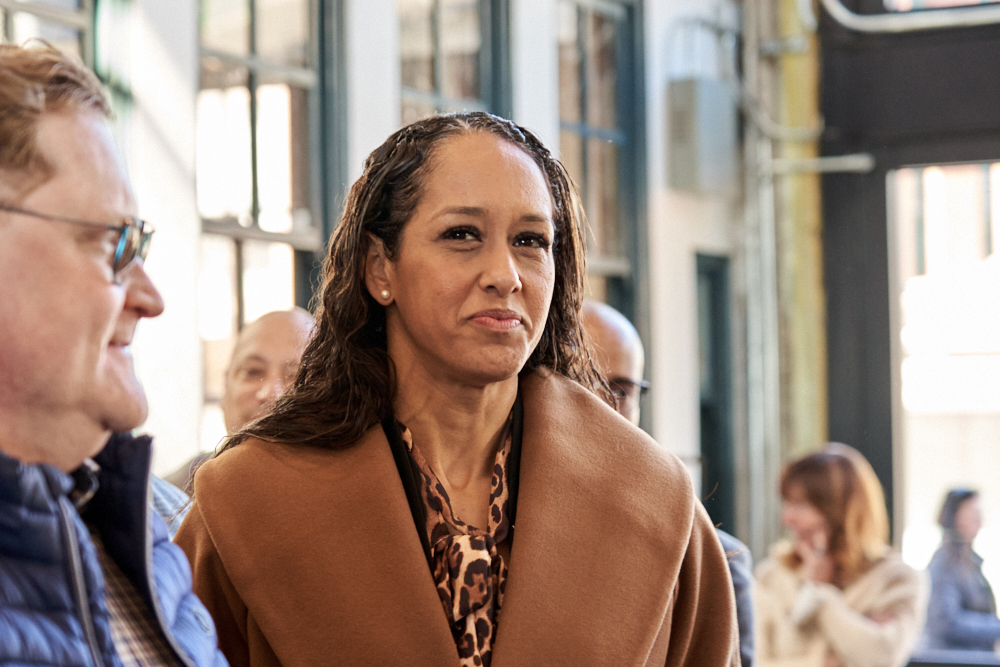District Attorney Brooke Jenkins has not yet filed charges against the Gaza protesters who blocked the Golden Gate Bridge, but she has come forward with a novel legal theory that could be used as a weapon against a wide range of protesters now and in the future:
She’s suggesting that people who blocked traffic could be guilty of false imprisonment.
Yes: If you are at a protest—any protest, anywhere—that interferes with the right of everyone to drive on a street or highway without having to slow down—you could be charged with a crime that in some instances might be a felony.

You could also be forced to pay “restitution.”
Blocking the Golden Gate Bridge, or the Bay Bridge, is a serious political decision. The protesters made people late for work, late for school, late for child care, in some cases late for medical appointments, and made a lot of potential supporters angry … the determination of whether that justifies the cause is not easy.
But for many years, in the face of profound injustice, stopping “Business as Usual” has been a venerable tactic.
I was arrested once in a series of demonstrations at the Lawrence Livermore nuclear weapons lab in the early 1980s, and some of those events blocked entrance to the place for an entire day, keeping people from work and shutting down roadways. Protesters blocked the opening of the Diablo Canyon nuclear plant for so long that it gave a young engineer time to come forward and say that critical safety features were installed wrong.
After the invasion of Iraq, tens of thousands of people flooded the streets of San Francisco, shutting much of the city down.
I have been to probably 100 demonstrations that in one way or another interrupted traffic.
Were the drivers who had to wait for the cops to clear things up “imprisoned?” I’ve never heard that concept before.
Rachel Lederman, a lawyer for the 26 people arrested on the Golden Gate Bridge, told me that it’s too early to know if the DA will try to press those charges—or whether a judge would even consider them.
But it’s a potentially dangerous precedent.
Lots of people on social media are asking: Should Waymo be liable for “false imprisonment” when one of its cars blocked traffic on Highway 101?
Brooke?




